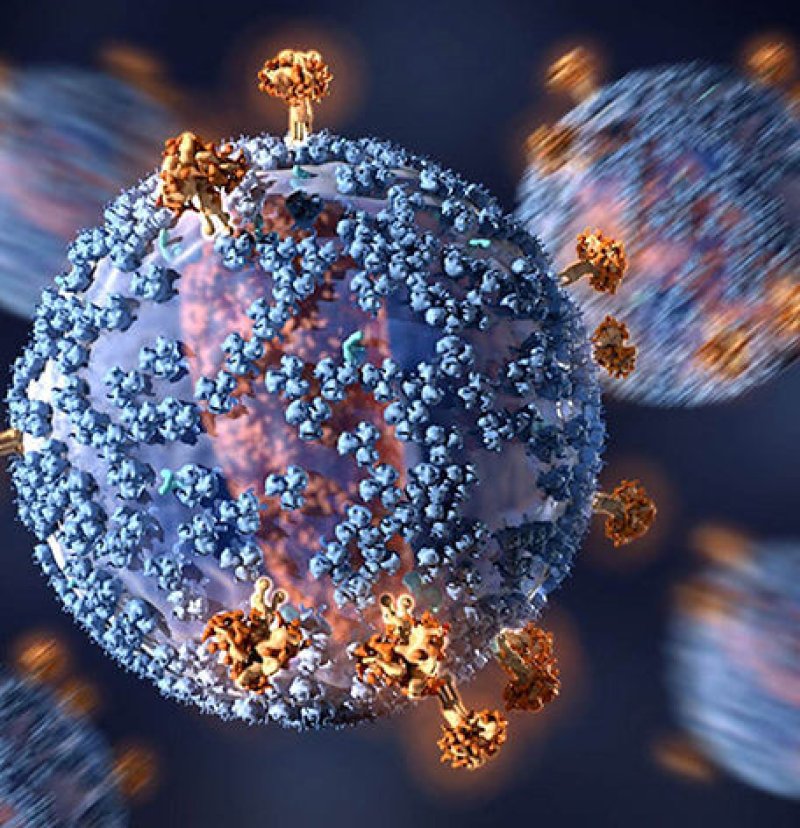The strategy of engineering patients’ own T cells for cancer therapy got two major endorsements in late August, one financial and one regulatory. First, Gilead Sciences of Foster City, California, announced plans on August 28 to dole out $11.9 billion to acquire Santa Monica, California–based Kite Pharma, one of the leading developers of chimeric antigen receptor (CAR)-T cell immunotherapies. Then, two days later, the US Food and Drug Administration (FDA) granted approval to the country’s first CAR-T cell product.
…
“It really marks a huge milestone for the field—and for cancer therapy as a whole—that relatively large commercial players now are in this space and are interested in providing a new kind of therapy for patients,” says Marcela Maus, a CAR-T researcher at the Massachusetts General Hospital in Boston.
…
There are also many challenges in manufacturing scale-up to overcome, notes Bruce Levine, founding director of the University of Pennsylvania’s Clinical Cell and Vaccine Production Facility, part of the Novartis–Penn Center for Advanced Cellular Therapeutics opened last year. “The field is in the spotlight,” he says. “And to be able to have something that is sustainable and can be available to more patients—not only in hematologic malignancies, but also solid cancers—we’ve got to make progress in manufacturing sciences, analytics, logistics and infrastructure.”
The GLP aggregated and excerpted this blog/article to reflect the diversity of news, opinion, and analysis. Read full, original post: Epic $12 billion deal and FDA’s approval raise CAR-T to new heights (behind paywall)
































